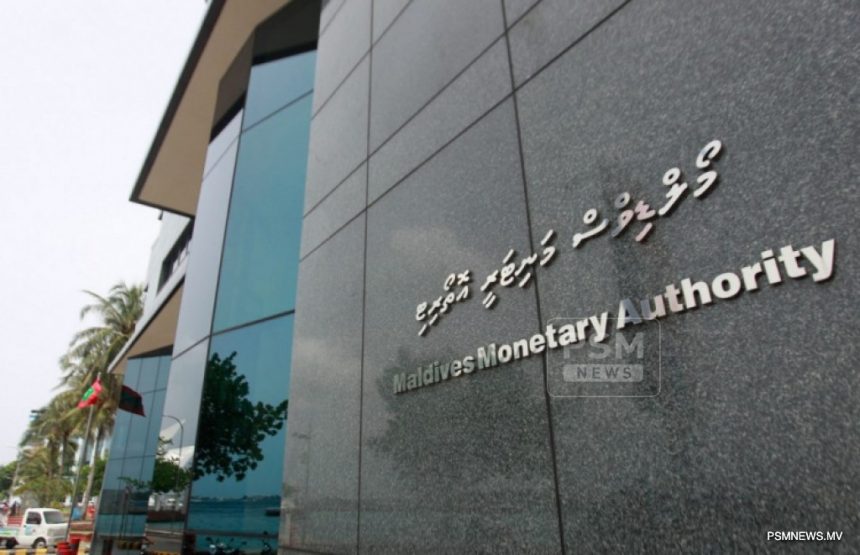The Maldives Monetary Authority (MMA) has projected that at least $40 million will be converted to local banks under the newly implemented Foreign Currency Act. The regulation, which officially came into effect at the beginning of this month, aims to strengthen the country’s foreign currency management framework and reduce reliance on informal exchange channels.
Starting January 28, banks across the Maldives will begin converting foreign currency as mandated by the act. This law, passed by the People’s Majlis, introduces stricter guidelines for handling foreign exchange, particularly targeting the country’s lucrative tourism sector. Tourism establishments have been divided into two categories—resorts and guesthouses—with conversion requirements based on the number of tourists hosted.
Under the new rules, resorts are obligated to convert $500 for each tourist, while guesthouses must convert $25 per guest. Alternatively, these businesses are permitted to convert 20% of their foreign currency income for the month. The regulation requires businesses to register with the central bank and submit detailed sales reports, ensuring transparency and compliance with the act.
Early Compliance and Economic Impact
According to MMA officials, 138 out of 175 resorts in the Maldives have submitted their sales reports as of now. Based on the data received, the MMA estimates that the conversion will amount to between $30 million and $40 million. The act provides a three-month grace period to allow businesses to adapt to the new requirements, with mandatory conversions starting later this month.
The act’s broader objectives include regulating transactions conducted in foreign currencies, creating a formal legal framework for foreign exchange management, and ensuring most financial transactions are conducted in Maldivian Rufiyaa. Exceptions to this rule will be clearly defined under the law.
Government Support and Future Developments
President Dr. Mohamed Muizzu has expressed confidence in the benefits of the new regulation. In his statement, he emphasized that the act would bring significant advantages, such as allowing state-owned enterprises to access dollars at favorable bank rates. Additionally, beginning in the first quarter of 2025, individuals traveling abroad will be allowed to exchange up to $1,000, doubling the current limit of $500. Furthermore, the limit on credit card transactions is set to increase to $1,400.
The act also stipulates that non-tourism businesses with an annual income exceeding $15 million must convert 20% of their income into local banks, further broadening the scope of the law’s impact on the economy.
Strengthening Economic Resilience
By requiring businesses to convert foreign currency earnings into the banking system, the Foreign Currency Act is expected to improve dollar liquidity, enhance fiscal stability, and curb reliance on informal money exchange practices. The government and the MMA hope this will foster a more robust monetary system, capable of supporting the Maldives’ economic growth in the long term.
As the nation’s largest industry, tourism plays a central role in this new regulatory framework. With businesses beginning to comply this month, the full impact of the Foreign Currency Act will become clearer in the coming weeks.



